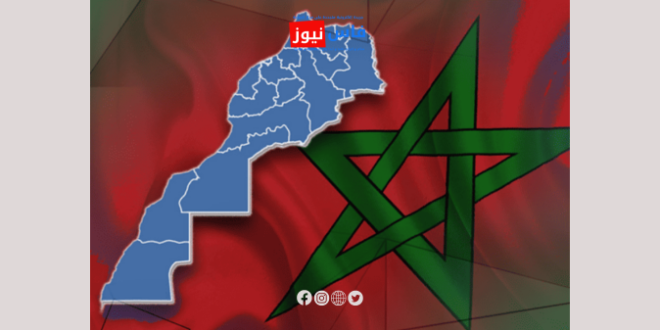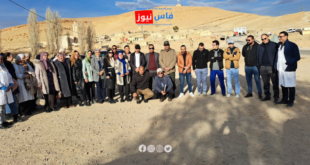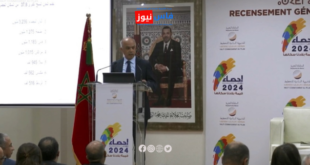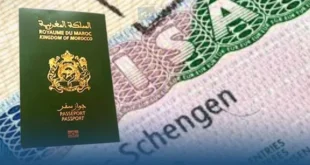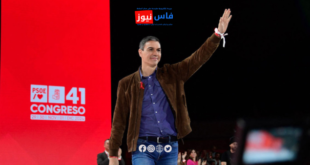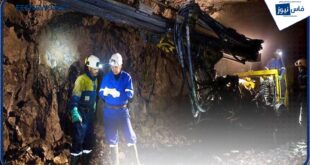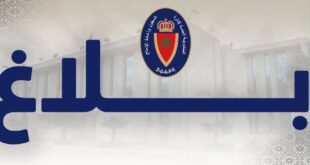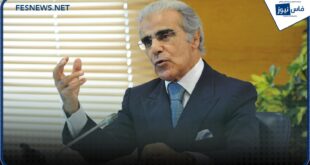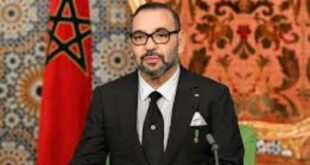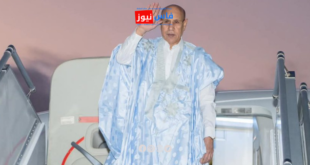The Ministry of Interior, in partnership with the Association of Moroccan Regions, is organizing the Second National Conference on Advanced Regionalization under the theme:
“Advanced Regionalization: Today’s Challenges and Tomorrow’s Visions”
Friday and Saturday, December 20-21, 2024 in Tangier
Second National Conference on Advanced Regionalization
Tangier, December 20-21, 2024
Framing Paper
General Context:
The second edition of the National Conference on Advanced Regionalization, to be held under the High Patronage of His Majesty the King, May God Assist Him, on December 20-21, 2024 in Tangier, under the theme “Advanced Regionalization: Today’s Challenges and Tomorrow’s Visions,” falls within the context of the transformations and changes our country is experiencing. It aligns with the High Directives of His Majesty King Mohammed VI, May God Assist Him, which have consistently made the regionalization project a fundamental entry point for the institutional construction of the state, considering it a strategic choice in consolidating Morocco’s development path in all its dimensions.
This conference comes at a time when Morocco is experiencing significant transformations and changes, especially in light of the new development model, which places advanced regionalization at the heart of its strategic orientations. It also comes in a context marked by the implementation of major structural projects and reforms aimed at strengthening the foundations of the social state.
The organization of this conference also comes eight years after the implementation of advanced regionalization, which was launched in 2015 as part of a gradual approach to decentralized management. This approach was based on the outputs of the Royal Advisory Committee on Regionalization and drew inspiration from leading international experiences in this field. In implementation of the provisions of the Kingdom’s constitution, organic laws relating to regions and other territorial communities were issued, thus establishing a new vision for territorial governance based on constitutional principles framing advanced regionalization and prospects for developing a renewed and effective territorial governance framework and mechanisms.
Conference Objectives:
Building on the above, and similar to the first edition, this conference, in its second edition, aims to:
- Deepen the debate on issues of common interest related to the implementation of advanced regionalization;
- Share the outcome of implementing advanced regionalization among elected officials, actors, and national and international partners;
- Share best practices and successful experiences, especially related to structuring projects;
- Deepen the discussion and renew thinking on the major challenges facing the optimal implementation of advanced regionalization, whether related to yesterday’s challenges that are still relevant today or to new challenges;
- Produce practical, realistic, and implementable recommendations to address the challenges posed in the short and medium term.
Conference Themes:
To approach the conference topic from its various dimensions and achieve the desired objectives, the conference proceedings will be divided into six (06) themes:
Theme One: Challenges of Activating Regional Competencies to Promote Territorial Attractiveness
Theme Two: Convergence of Decentralization and Administrative Deconcentration to Stimulate Productive Investment
Theme Three: Challenges of Financing Regional Investment Programs
Theme Four: Securing Water Supply in Light of Water Stress: Current Challenges and Future Visions
Theme Five: Developing Sustainable Transport and Mobility Systems in the Regions: Challenges and Prospects
Theme Six: Digital Transformation of Territorial Communities as a Lever for Consolidating Territorial Governance and Enhancing Citizen Participation
Each theme includes a series of questions to be addressed during the conference sessions, aiming to explore various aspects of advanced regionalization implementation, challenges faced, and potential solutions and strategies for the future.
 فاس نيوز ميديا جريدة الكترونية جهوية تعنى بشؤون و أخبار جهة فاس مكناس – متجددة على مدار الساعة
فاس نيوز ميديا جريدة الكترونية جهوية تعنى بشؤون و أخبار جهة فاس مكناس – متجددة على مدار الساعة

